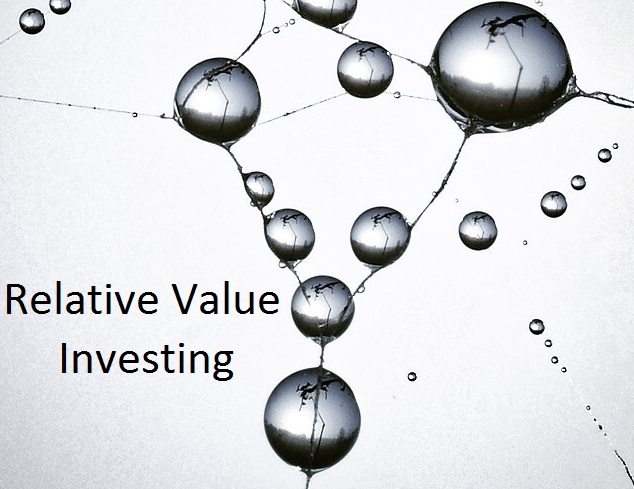Unless you have been trapped under a rock, you have read about the rise of indexing and assets fleeing actively managed funds for index funds. The idea being that you can’t outperform the market.
The thing is, it is human nature to at least try and beat the market.
Imagine this scenario: Retail Investor Jack goes in to meet Financial Planner Jill. Jill is a convert to indexing, and wants to act in the best interests of her client so she wants funds with low fees. ETFs!
So here is a sample of what ETFs Financial Planner Jill can choose that are listed in Australia_ an ASX follower, a US index, and Emerging Market, an Asian and Euro market exposure.
A Financial Planner adding value
However this portfolio won’t be matching market returns. It goes without saying that the return of this portfolio is going to be very different than “the market.” It could be higher, it could be lower, but this portfolio of index ETFs looks nothing like the market.
Well, how do we define “the market?” If you really want to be a true indexer, you want to own a perfect slice of every asset in the world. Aussie & U.S. stocks, international stocks, emerging and frontier stocks, bonds, international bonds, corporate, municipal, mortgage—everything. And that’s just listed assets. Theoretically, you would also want to own real estate and commodities.
Notionally indexing gives you economic growth plus a risk premium.
From a practical standpoint, investing internationally can be difficult/expensive, and commodities and real estate can be very hard, so let’s just say you pick a total stock market ETF and a total bond market ETF and you’re done. Any deviation from that—and you are not indexing, you are stock picking.
You may not think you are stock picking, because you are picking passively managed ETFs, but you are deviating—sometimes significantly—from total market investing. There is a lot of this that goes on and you won’t hear many stories of financial advisors who have their clients in a total stock market ETF and a total bond market ETF only.
If we’re going to index, let’s take it to its logical conclusion: Everyone invests in one fund that owns everything. But I doubt we’ll get there, because it is human nature to want to outperform. Now we’re just doing it with funds, instead of stocks.
Speculation that looks like a Passive portfolio -
Why don’t we just be honest with ourselves: It is human nature not to be satisfied with the certainty equivalent—even though the certainty equivalent is very good. People exhibit risk aversion when it comes to most things, except when it comes to trying to beat the market. There are valid reasons why you might want a portfolio that is not the market. Maybe you want less volatility or more income than the market provides. However when there isn’t a conscious effort to build a portfolio with certain risk characteristics it is the advisor speculating.
Speculation is not so bad but just be honest about what you are doing. However I have a feeling some financial planners couldn’t do this as it is basically an admission that they are adding no value.

